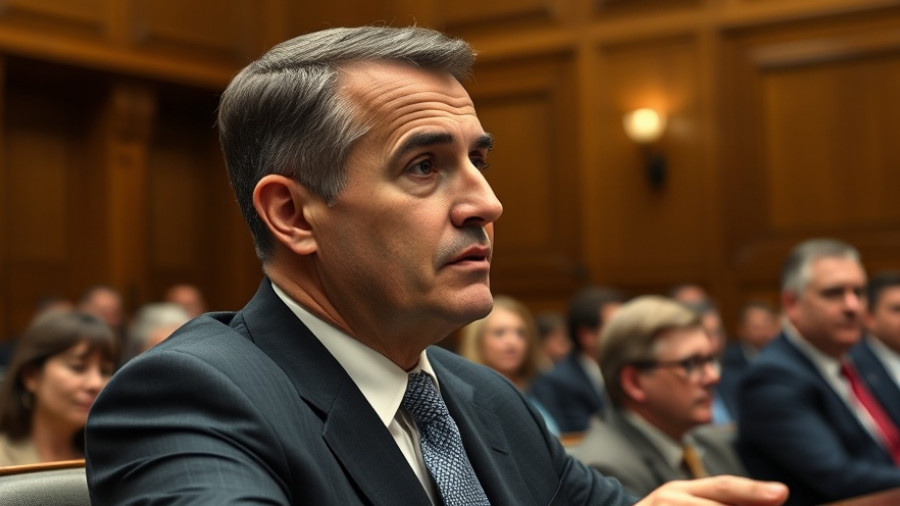
Unlawful Appointments and Vindictive Prosecutions in American Politics
Former FBI Director James Comey is seeking to have his criminal case dismissed, arguing that he faces vindictive prosecution due to personal animosity from President Donald Trump. In motions filed in federal court, Comey's defense claims that the prosecutor, Lindsey Halligan, who was appointed by Trump, holds her position unlawfully, raising fundamental questions about the integrity of the judicial process.
The charges against Comey stem from allegations of making false statements and obstructing Congress during his testimony in 2020. Legal experts often note that the precedent for successful claims of vindictive prosecution is high, requiring strong evidence that the prosecution was motivated by personal vendettas rather than the pursuit of justice. Comey's team argues that he has been targeted specifically because of his candid criticisms of Trump, thereby undermining the principles of due process.
Echoes of Political Machinations: A Precedent for Future Cases
This case unfolds against a backdrop of increased political turmoil and scrutiny of the legal system's integrity. The appointment of Halligan under conditions described as "political revenge" has raised concerns about the precedents being set for how justice can be applied selectively against perceived enemies of the state. Examining historical instances of politicized prosecutions reveals a troubling pattern where legal mechanisms are wielded as tools of retribution rather than upholding the law.
Additionally, experts suggest that the Republican-led attempts to reshape judicial appointments signify a wider strategy that could manipulate judicial outcomes, steering the legal table in favor of certain political narratives. As taxpayers, the implications extend far beyond just legal battles; they reflect a shift in how justice interacts with power dynamics.
Keen Insights for Taxpayers: Understanding the Impact of Legal Maneuvers
For taxpayers, the examination of Comey’s case offers crucial insights into the broader implications of political influence over judicial processes. As citizens, understanding how legal outcomes can be swayed by political figures is vital. This case highlights the importance of advocacy for fair and impartial legal proceedings.
Moreover, it calls for an active discourse around potential reforms that ensure legal appointments remain insulated from political whims, thus retaining public trust in the justice system. Taxpayers must remain vigilant, as future legal precedents could shape fiscal policies, including tax-related implications stemming from this trial.
Next Steps in the Legal Battle
As the situation continues to develop, further motions are expected from Comey’s legal team, including requests for additional discovery, which may reveal the intricate workings behind prosecutorial decisions related to his case. Meanwhile, the Department of Justice is likely to publish its rebuttal by early November, setting the stage for an ongoing legal drama that could have far-reaching consequences for these issues in the public sphere.
This battle isn’t just about James Comey; it is about who we trust to uphold justice and how political interpretations could reshape the fabric of legal accountability. For taxpayers concerned about the influence of partisanship in their judicial system, the stakes couldn't be higher.
 Add Row
Add Row  Add
Add 




Write A Comment